Jasmine Birtles
Your money-making expert. Financial journalist, TV and radio personality.


Money makes the world go round. We chase it, earn it, spend it and generally rely on it to survive. But all money is really; is a credit system, used to represent resources. When you examine the facts and history of the concept, you can learn some rather surprising things!
For example; did you know that nearly 50% of people don’t know the difference between a Cash ISA and a Stocks and Shares ISA? Even though not knowing could be costing them dearly? (We’ll come back to this later.)
We’ve complied a list of 21 other interesting facts about money that you may find surprising…
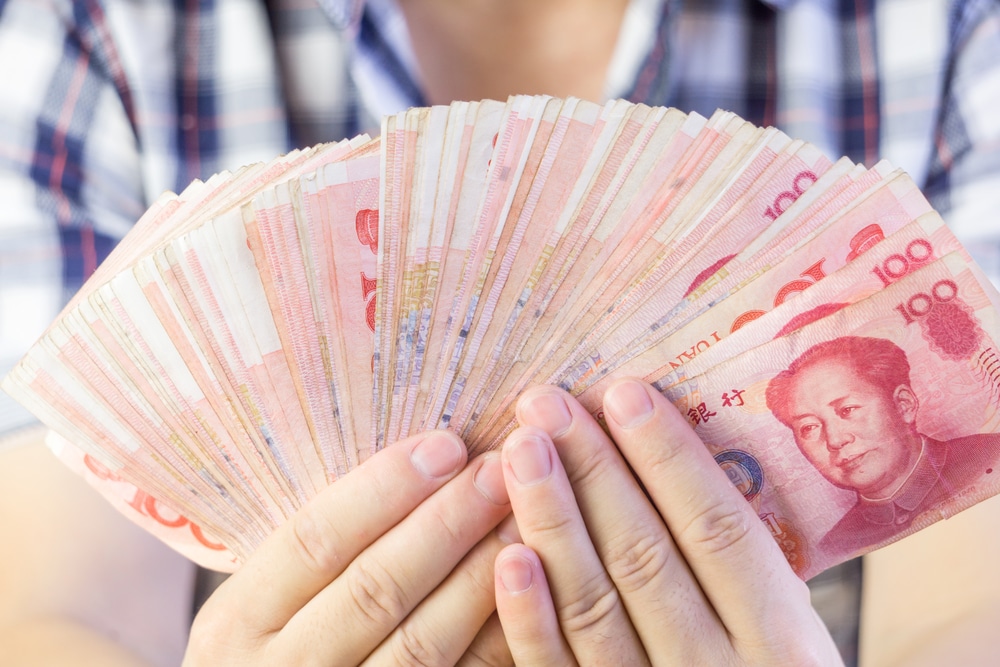
The first recorded use of paper money is in 7th Century China during the Tang Dynasty. Merchants who didn’t want to carry around heavy copper coins exchanged privately issued bills instead. Think of them like receipts or IOUs.
However, the first case of the paper itself actually being used as currency came about during the Song Dynasty 400 years later in the 11th Century. It was largely caused by a copper shortage as well as the increasing convenience.
The Chinese had been exchanging paper money 500 years before the practice became widespread in Europe during the 16th Century. They had even suffered a financial crisis because of high inflation!
Forgery was also rife as scammers learned how to duplicate notes. Could this be one of history’s earliest examples of white-collar crime?

Yes, this one is pretty staggering, but according to Oxfam, the top 1% of wealthiest people have over 50% of the world’s wealth. As of 2017, they actually now own 50.1%. We imagine this number has also increased in 2020.
Did you also know that the eight richest people in the world have the same amount of money between them as the bottom 50% of the world! This is a mind-blowing amount of wealth.
The 3.5 billion poorest adults, who account for 70% of the world’s working age population, only have collectively 2.7% of global wealth at the time of writing.
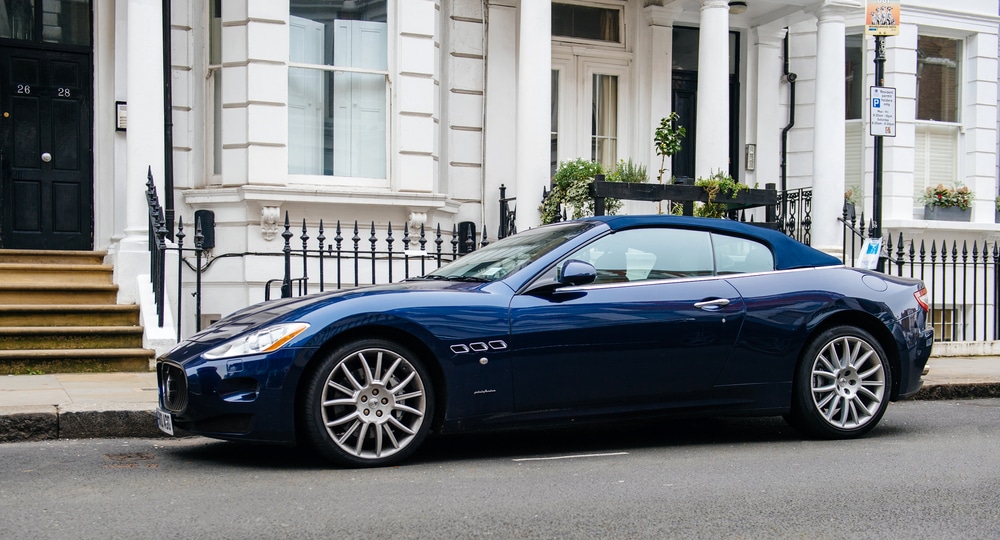
Ultra-high net-worth individuals are generally categorised as those who own $30m (£24.2m) or more in assets besides their main home. England’s capital city of London is the place that boasts the highest concentration of them.
There are over 4,000 of these families living in London, making it somewhat of a hotspot for the 1%!
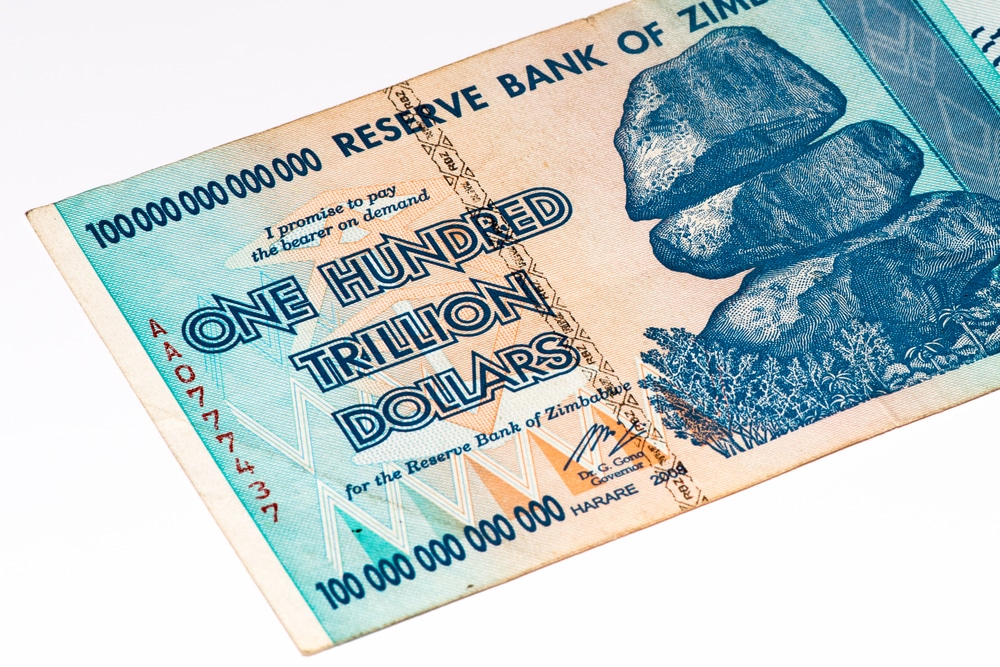
During a period of intense hyperinflation in Zimbabwe, where a loaf of bread could cost $300 billion, a $100 trillion note was produced. Imagine finding that in a jacket you’ve not worn for 6 months!
Of course the note is, in fact, nearly worthless…or rather it is currently worth a whole 40 U.S. cents.
However, there are big money English notes which are worth exactly what they say they are worth. These notes are called Giants and Titans.
A Giant is a one million pound note, although as you can imagine, these aren’t in general circulation like the average £10 note or £20.
But if you have a Titan, then one million pounds is pocket change. A Titan is a £100m note!
They exist to ensure the value of the Scottish and Northern Irish notes, for each note they print in their own currency; they then have to deposit the same value in sterling with the Bank of England.
These notes are guarded very carefully, but let’s be honest, where on earth would you be able to use one of them?
About $30 billion of Monopoly money is printed each year, compared to $972 million of real money that’s printed in the US.
This means that Monopoly is printing 30 times the amount of money that the U.S. is! Think of that next time you’re losing.
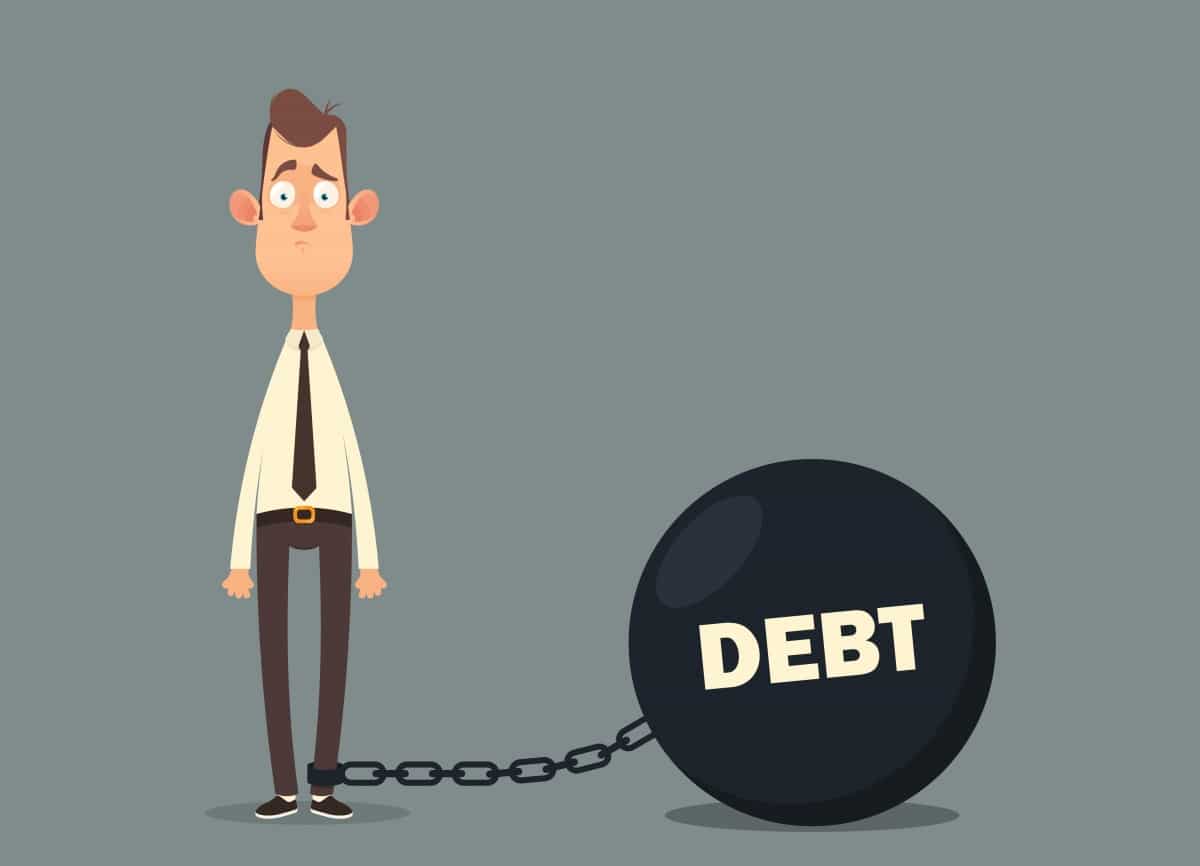
Yes, depressingly, in June 2018 people in the UK owed £1.6 trillion, with the average household debt (including mortgages) at £58,540. At least next time you feel alone in your debt you can remember that your neighbours, friends, and families are in the same position!

Following on from 6, 63% of adults started 2020 with some debt – not including mortgages. Almost five million adults owe more than £10,000 on credit cards, loans, and other finance – and a further nine million owe between £2,000 – £10,000.
Click here to read our article on how to get out of debt.
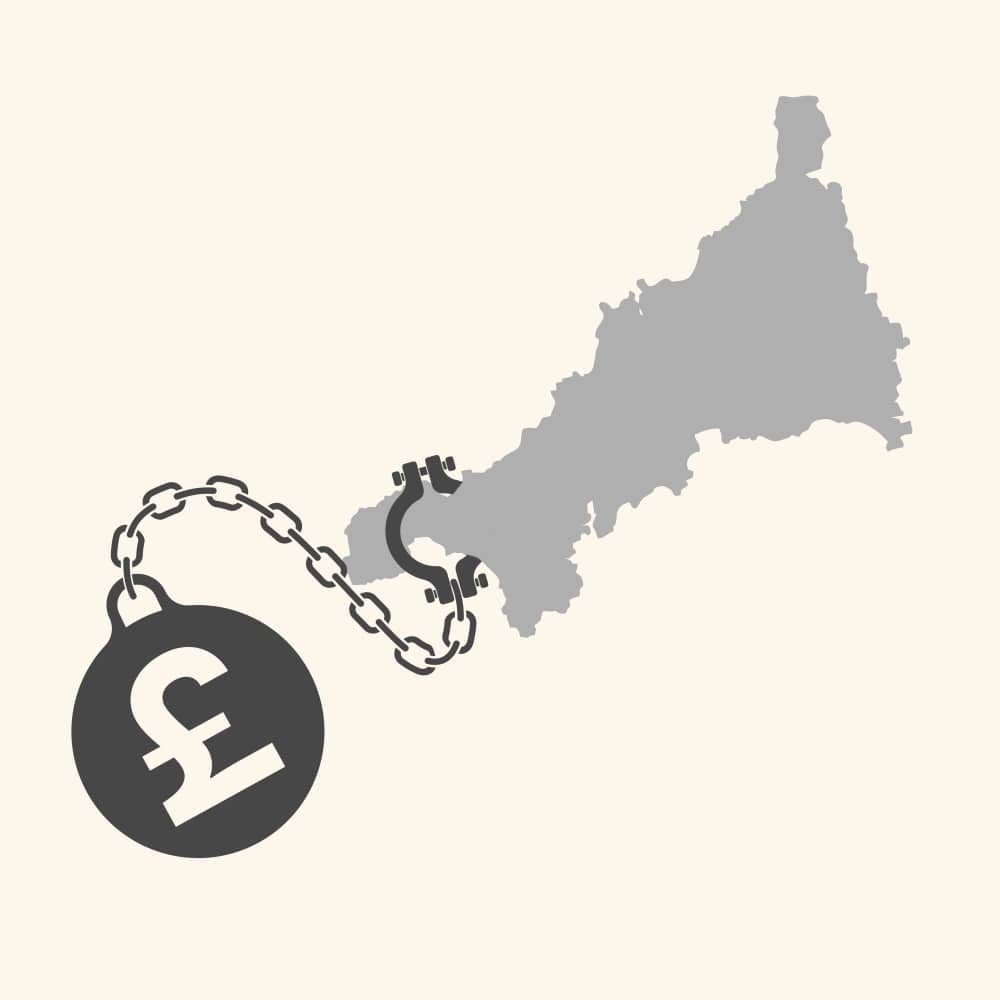
A result of declining tourism in the UK and the rise of the package holiday, as of August 2017, seven out of the ten areas for personal bankruptcy were seaside resort towns. Blackpool, Margate, Cleethorpes, and Brighton all being included.
Torquay was found to have the highest, with 43 insolvencies for every 10,000 people. Scarborough and Hull also fair badly against the national average (which is 19.7 for every 10,000).

A scary 15% of households have no savings at all, while one in three adults has less than £1,500 saved – that’s less than a month of typical expenses.
The average Briton saves £150 a month, but another survey found that just under-half of working age UK residents have less than £100 in savings and 17 million fail to even pay off the monthly balance on their credit cards.
Click here to visit our save money section with lots of money saving tips.

Despite an improving economy, there are still over 14 million people living in poverty in the UK. That’s over one in five of the population.
There’s no one definition of poverty, but a standard definition is 60% below the average national income. Austerity is considered to be one explanation, but it’s also what allowed the economy to grow, leading to fierce debates about how poverty should be tackled.
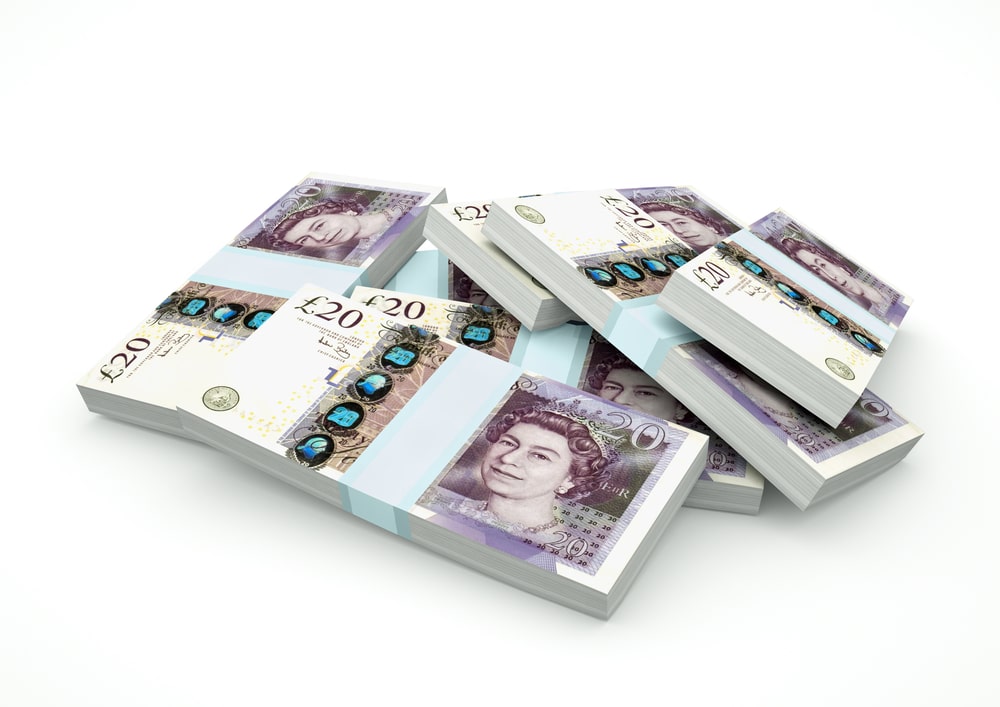
According to the national charity Turn2us, over £19 billion of benefits and tax credits go unclaimed each year and £268 million is available in grants.
They say 78% of people on low income are missing out on means tested benefits because they do not believe they would be entitled to them. Also, the vast majority of people didn’t even know that charity grants exist.
In particular, a lot of housing benefit appears to go unclaimed. Recent stats show £4.8 billion worth of housing benefits go unclaimed, with 1.6m families missing out on as much as £3,000 per year!
If you’re not sure what benefits you’re entitled to, visit Turn2us and use their benefit calculator tool.
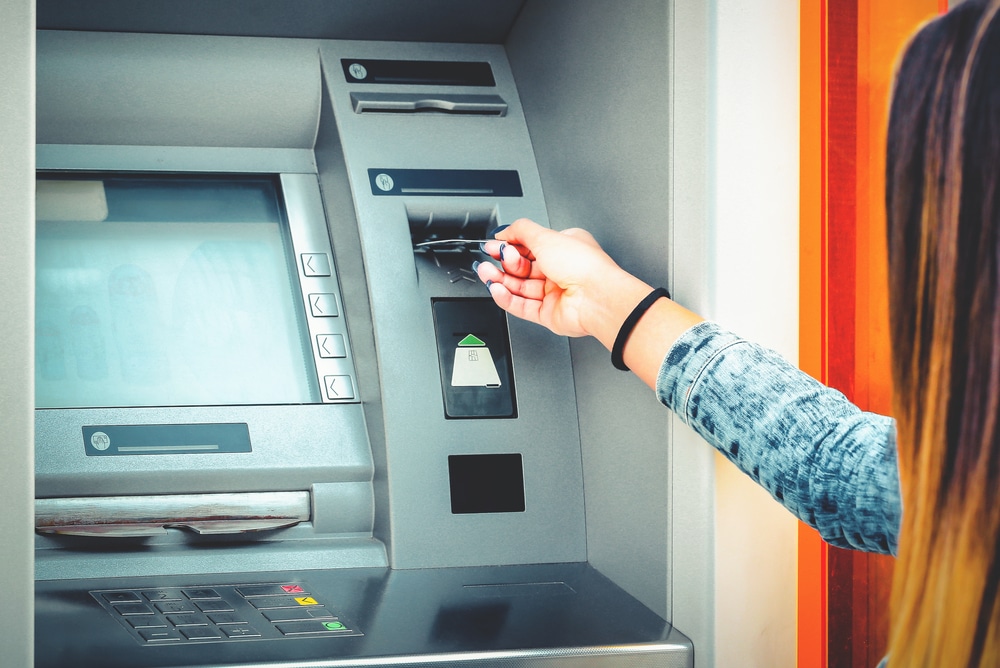
The ATM (or Cashpoint) was the brainchild of Scottish inventor John Shepherd-Barron, who came up with the idea whilst taking a bath would you believe.
He pitched the idea to Barclays and the first machine, once built, was installed in London in 1967. Before this invention, people needed to walk into their bank to make a withdrawal.

We told you there would be more on this later. Here it is:
Most people only use cash ISAs because they’re safe and familiar, but they could be missing out on a lot of money.
Fidelity Personal Investing calculated that if you had invested £15,000 in a regular cash ISA in February 2005, you would end up with £16,321.36 by February 2015.
However, had you invested the same amount in the FTSE All Share Index using a Stocks and Shares ISA, you would end up with £31,889.69. That’s a difference of £15,000!
It’s incredible that this isn’t common knowledge.
Click here to find out more about Stocks and Shares ISAs.

If you saved £300 a month for your child from birth until the age of 18 in a good Junior SIPP, your child’s pension could be worth £1.03 million by the time they retire even if they make no further contributions (retiring age 65, assuming a 5% annual return.)
Of course, not all of us have £300 spare every month to do this. But it’s an interesting fact nonetheless.
Click here to read 7 great ways to invest for your children.

On average, people in Britain spend eleven hours a week procrastinating, and planning for their financial future is the thing most Brits delay the most (followed closely by exercising, chores and dieting), according to a survey by Beagle Street.
Common distractions include television, social media and going to make a cup of tea. We can personally attest to this.

Because of rising house prices, rising to 10 times the earnings for the under 35s, more and more young people are being forced either to rent or to stay at home with their parents.
The increase in people renting and saving up large deposits for a house will make it harder for them to save towards other things they may need in the future, such as their pension.
Living rent-free with parents for as long as possible is considered the most reliable method of saving for a deposit. Rent is more expensive as a mortgage in most parts of the country.

Another depressing fact, children stopped earning more than their parents some time ago. This, of course, depends on the family in question, but as a general rule, parents may have had better prospects growing up than young people do now.
Even those successive generations who did earn more than their predecessors spent more, meaning they’ve saved very little. However methods like equity release, or asset sharing, has allowed parents who have no savings to help their children financially in other ways.

Yes, bit worrying this one, but it’s believed that every bank note is contaminated with cocaine within a few months of circulation.
That’s not all, did you know there are more germs on a £1 coin than on a toilet seat? Or that the average banknote has over 26,000 bacteria on it?
The lesson here is clear, always wash your hands after handling money. Dirty money indeed!
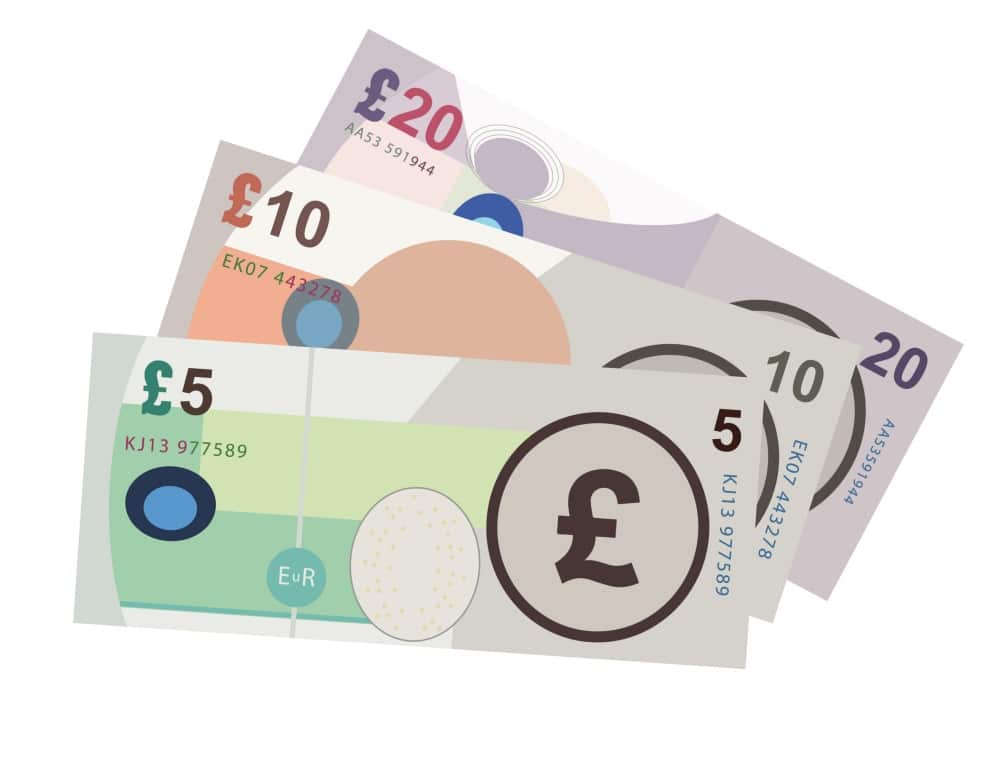
In an attempt to destabilise the British economy during the Second World War, Nazi Germany produced a large number of fake British notes.
By 1943, 500,000 fake banknotes a month were being created by the Germans. By the time the war ended, it’s estimated that at least 12% of British notes in circulation were fake.
The British government responded by introducing the metal thread and stopping its production of higher value bank notes.
Thankfully fake notes are a lot less common now. In 2014, 430,000 fake notes were taken out of circulation, but all together they had a value of £8.1 million in total. This, however, is a tiny percentage of the 3 billion real notes in circulation.
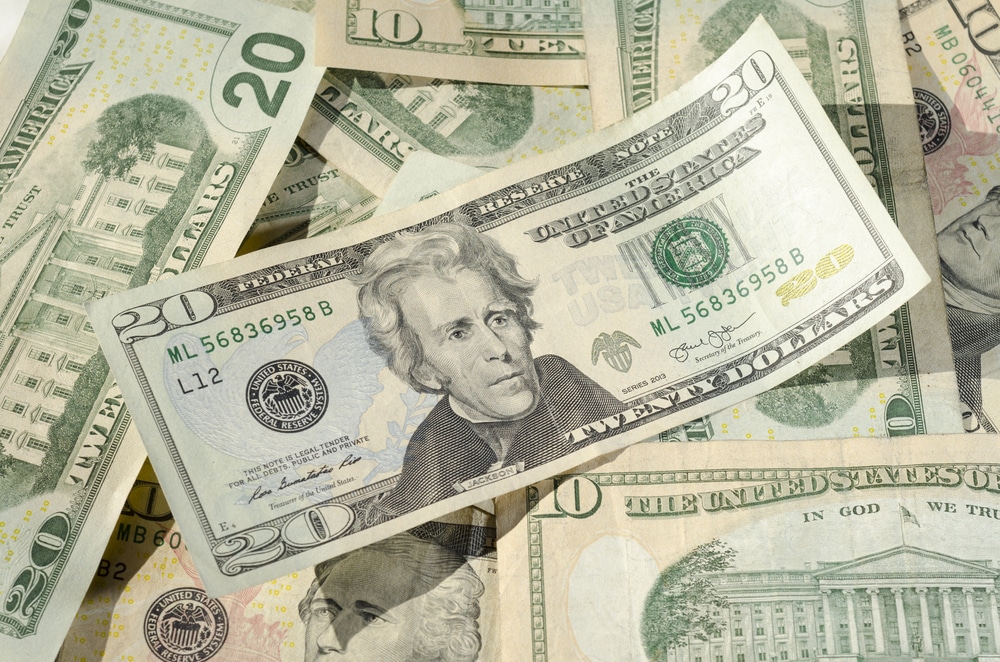
In 2015, the US Treasury revealed that Harriet Tubman would feature on the new $10 bill in place of Alexander Hamilton. This is the first time a woman would have been featured on a dollar note for 150 years.
Harriet Tubman was selected as part of a campaign called ‘Women on 20s’, which wanted to get a woman portrait on a bill. In 2016, however, it was decided that Hamilton would remain on the $10 bill and instead Tubman would feature on the $20 bill.
The Tubman bill was due for release in 2020 – but it’s been pushed back to 2028 ‘for design reasons’. This is, apparently, mostly due to full redesigns to counter fraudulent activity.

Many of us miss out on good money making opportunities because we’re too scared to take a risk.
Humans aren’t alone in feeling this way. A recent study, featured in the Journal of Political Economy, found monkeys are also rather risk-averse.
The experiment involved giving a group of Capuchin monkeys a currency (in this case coins) and allowing them to exchange that currency for food.
The monkeys choose whether to accept the amount of food present at that moment or to wait for the experimenter to alter the amount of food – it might be more, it might be less.
Turns out, monkeys take food present rather than predict future amounts!
It was also found that if the value of the food decreased, the monkeys would buy more, showing how much of our reaction to risk vs reward may be innate and a part of our evolution.
Did you find these facts surprising? Maybe you have an interesting fact you could share? Let us know in the comments below.

Serious and amusing at the same time. I live by the seaside and yes I have just finished my six years of penance after being made bankrupt, why? Well, as you say when I moved here 30 years ago there was plenty of work but over the years it has declined, hardly anyone has a job and if they do it is a silly contract like mine – I am only guaranteed six hours a week. In the winter that is it, but for a very few months I work like stink. Still does not qualify me for much except… Read more »
I will definitely be washing my hands after handling money now.